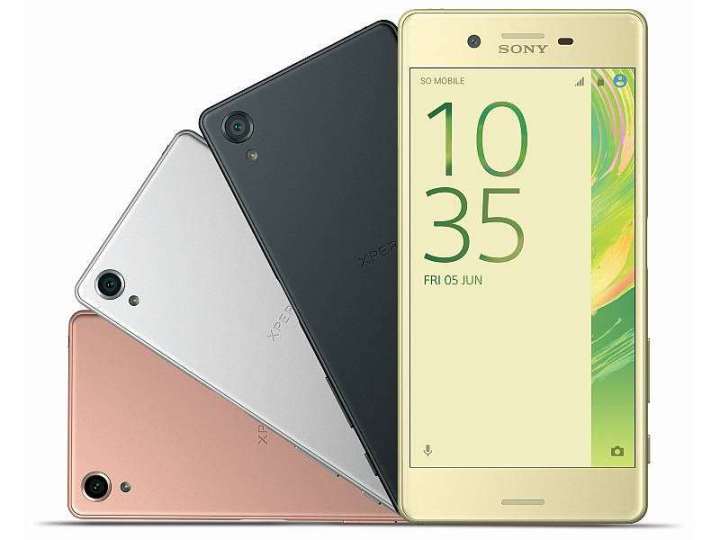
Powered by a 2GHz octa-core processor and 4GB of RAM, the Zenith certainly isn’t lacking for power. The Zenith isn’t lacking for storage, either, with the handset coming with 32GB of native storage and supporting up to an additional 256GB through the MicroSD card slot. Up front sits a 5.5-inch, 1,920 x 1,080 resolution display, with an 8-megapixel camera right above it. Around back sits its 13MP rear-facing equivalent, with the Zenith’s camera software able to record video from both cameras at the same time.
Where the Zenith begins to show you its true colors is with its software, which UnaPhone calls UnaOS. In an attempt to achieve the highest level of privacy possible on a smartphone, UnaOS completely forgoes everything from Google apps to frameworks. The privacy-focused operating system also encrypts storage by default, with the Zenith itself unable to be identified by carriers. In addition, to dissuade any tampering with the Zenith, tinkerers cannot achieve root privilege or unlock the bootloader, so don’t expect to be able to run alternative software on the handset.
Finally, in a move that could dissuade some would-be buyers, UnaOS does not let you install any third-party app, whether it’s from Google or other developers. While some will lament the inability to download Android apps for the Zenith, it does help mitigate possible attacks through apps and further cement UnaOS’ locked-down nature. Along those lines, the Zenith comes with 40 preinstalled apps, all of which have been curated by UnaPhone and range from email to virtual private network (VPN) apps. According to UnaPhone, each of the 40 preinstalled apps are signed with individual keys that allow them to work on the Zenith. In other words, because third-party apps won’t be signed with these specific keys, they won’t install on the Zenith. The company did say it would poll users after the Zenith’s release about what apps they are most interested in.
Speaking of release, the Zenith is currently available for pre-order through Indiegogo. Would-be customers will have to put aside at least $439 to get the Zenith, which, if everything goes according to plan, will be released this September. At that price point, the Zenith manages to undercut its competitors by a sizable margin, though you’d have to be willing to bank on an idea rather than a finished product.


